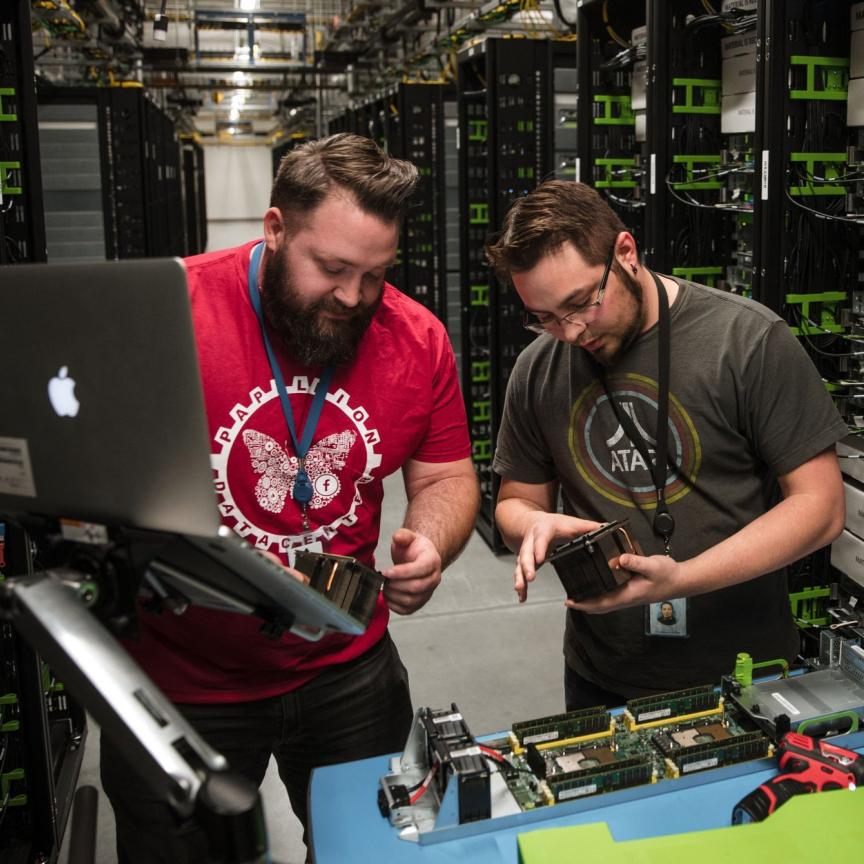The FTTH Council Europe has revealed the preliminary findings of its Gender Diversity Survey.
The survey was conducted in September by the council’s Women in Fibre Committee and was designed to establish a baseline on diversity within the industry. Topics explored included whether gender is a barrier to progression in the European fibre industry; if diversity and inclusion initiatives are working; the impact of Covid-19 on work life; and if flexible working practices have helped respondents to balance work and life effectively.
The survey was completed by 280 respondents who were selected to represent an equal mix of men and women in the industry, across all levels of seniority, tenures and ages. The FTTH Council said that, in general, the results paint a positive picture of the industry. They do also, however, identify areas of improvement and highlight that not all experiences are uniform.
According to the findings, which will be revealed in more depth in a webinar on 15 December, most respondents would recommend a career in the fibre industry. They said that they believe it is a place where individuals are able to be authentic to themselves in the workplace. The majority also felt that everybody has the same opportunities for progression. Most respondents said that they work in organisations that have diversity and inclusion initiatives and are able to use diversity policies to report issues related to gender. The majority also felt that they have sufficient flexibility at work to maintain a work/life balance and agreed that changes in work practises during the pandemic had made an improvement in their work lives.
However, the survey also highlighted that gender is a barrier to progression in the fibre industry, in spite of the majority feeling that it is not. According to the study, most men experience no barriers to their progression whilst women experience gender bias more often. This difference in experience leads some men to reject the idea that barriers exist at all.
Eric Festraets, president of the FTTH Council Europe explained: ‘Whilst 60 per cent of women agreed that everybody has the same opportunities to progress, men were more emphatic in this assertion with 80 per cent of men agreeing with this statement. The effect materialises in later careers when women are significantly under-represented at higher levels of seniority and significantly over-represented at lower levels of seniority. In the European fibre industry, for every 100 senior business directors, executives and experts that assemble, there are 12 women missing from that group.’


